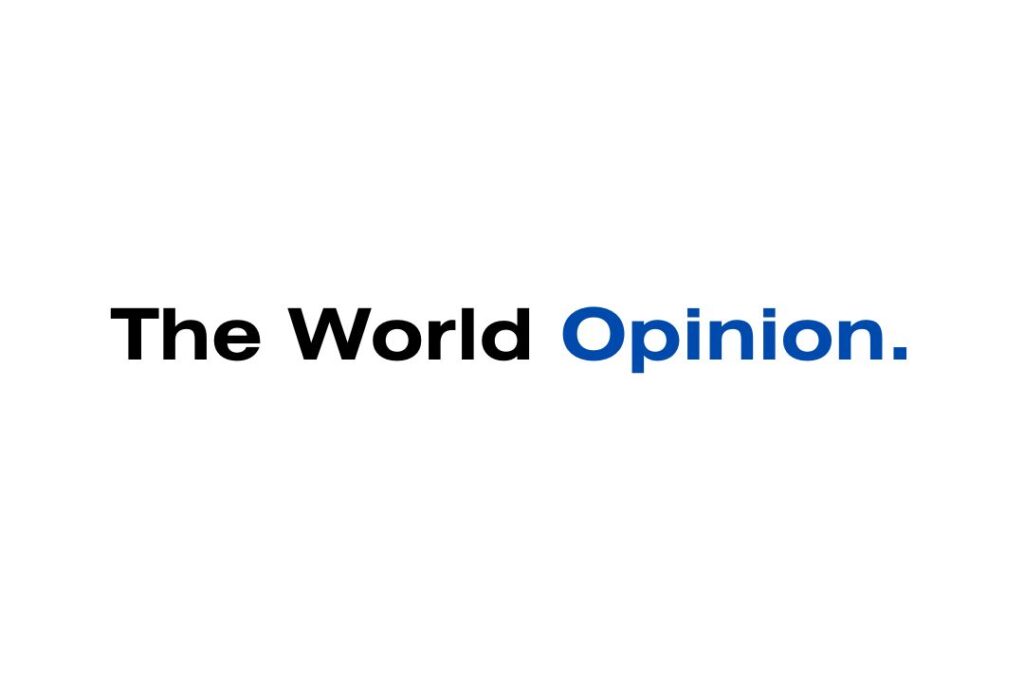Emerging shopper costs are annoying meals shortages world wide, and buyers taking a look to make a greenback off meals commodities may well be making issues worse.
Meals costs have risen sharply after the coronavirus pandemic disrupted world provide chains, inflicting shortages all over the world. The cost of meals spiked even upper following Russia’s invasion of Ukraine. Each international locations are primary world providers of agricultural commodities, like wheat and sunflower oil.
“In Uganda, wheat and gas costs have skyrocketed, making on a regular basis items like bread virtually unaffordable to an atypical citizen,” Anna Slattery, exterior affairs supervisor at The Starvation Challenge, a nonprofit that works to finish international starvation, instructed DW.
“In Malawi, our groups are reporting that the costs of maize grain, soybeans and cooking oil have higher considerably, over 50% in some puts. The rise in costs is making it tricky for other people to get admission to those necessary meals pieces.”
Easiest of Categorical PremiumPremiumPremiumPremiumPremium
An urge for food for commodities
Traders looking to make cash off the excessive call for for meals and different commodities may well be striking much more drive on costs.
After the struggle broke out in February, commodity-linked “exchange-traded finances (ETFs),” a kind of funding fund open to the general public, noticed an enormous uptick in task: By means of April, buyers had pumped $1.2 billion (€1.12 billion) into two primary agricultural ETFs, in comparison to simply $197 million for the entire of 2021, Lighthouse Reviews, an investigative journalism NGO, discovered.
In line with the scoop web page The Twine, the Paris milling wheat marketplace, the benchmark for Europe, has additionally noticed a vital building up within the percentage of speculators — this is, buyers whose number one purpose is to show a benefit — purchasing up its wheat futures contracts. That’s instead of business investors or hedgers, i.e. marketplace gamers who be interested in purchasing the commodity itself, for instance to protected a wheat provide for a bread manufacturing unit.
Job on the Chicago Board of Business, one of the crucial international’s main futures exchanges, additionally displays this pattern. A contemporary find out about by means of the Middle for Construction Analysis (ZEF) on the College of Bonn discovered that the proportion of speculators in arduous wheat and maize had risen with the cost of the commodities, and that it had long past up sharply because the finish of 2020. The researchers additionally discovered that the volatility of futures costs had higher considerably because the finish of 2021, an indication of marketplace irregularities that can result in over the top hypothesis.
A positive guess
The ZEF document warned that extra hypothesis may see costs decoupling from basics, like provide and insist for instance. It pointed to identical developments main as much as the worldwide meals disaster that emerged in 2008.
In April, analysts at funding financial institution JPMorgan Chase prompt that commodities costs may surge up to 40% as investors pile in, growing a good looking go back for buyers.
Buyers generally tend to transport clear of riskier investments, like tech shares and cryptocurrencies, in occasions of financial uncertainty, favoring more secure bets, like meals and different arduous commodities, like oil and fertilizer. Meals commodities, like wheat, corn and rice, will also be adversely suffering from marketplace uncertainty.
“The extra uncertainty out there, the extra call for for possibility buying and selling exists,” Lukas Kornher, economist and ZEF venture supervisor, instructed DW. “Because of this we see the inflow of speculative investors out there.”
Over the top buying and selling
“[Speculative traders] mainly attempt to leap on a bandwagon of accelerating costs,” stated Kornherr. “After which they begin buying and selling with every different as an alternative of assembly the hedging call for of industrial manufacturers or investors.”
The cost of the commodity can then turn into disconnected from its bodily provide and insist.
Over the top speculative task in commodities markets is “a double-edged sword,” Dirke Shower, press officer at International Imaginative and prescient Germany, a humanitarian assist team, stated.
“At the one hand, hypothesis on scarce commodities can result in significantly emerging costs,” he instructed DW. “However, this marketplace purposes like an early caution machine,” giving companies and policymakers time to react.
Hundreds of thousands extra driven into poverty
The present value inflation and record-high costs on the commodities futures markets sign an anticipated shortage inside a few months, in line with Kornher, who stated the sector used to be most likely “on its method” to a meals disaster.
The Meals and Agriculture Group (FAO)’s meals value index used to be up 36% in April in comparison with the similar month a yr sooner than, after hitting an all-time excessive in March. The International Financial institution’s Agricultural Value Index additionally hit an all-time nominal excessive within the first quarter of the yr, up 25% over a yr in the past. In line with a International Financial institution research, for each one proportion level building up in meals costs, 10 million extra individuals are driven into excessive poverty.
Professionals have known as for measures to offer protection to meals programs towards hypothesis. Banks and funding finances may abstain from meals hypothesis as a part of their environmental, social and governance (ESG) coverage, for instance. They’ve additionally warned towards international locations responding to excessive meals costs by means of turning to protectionist insurance policies.
“We want to make certain that international locations don’t take export restrictions, don’t take export bans that can simplest exacerbate the meals lack of confidence we’re seeing as of late,” Arancha Gonzalez, the previous international minister of Spain, instructed DW. “That is what we discovered in 2008.”




